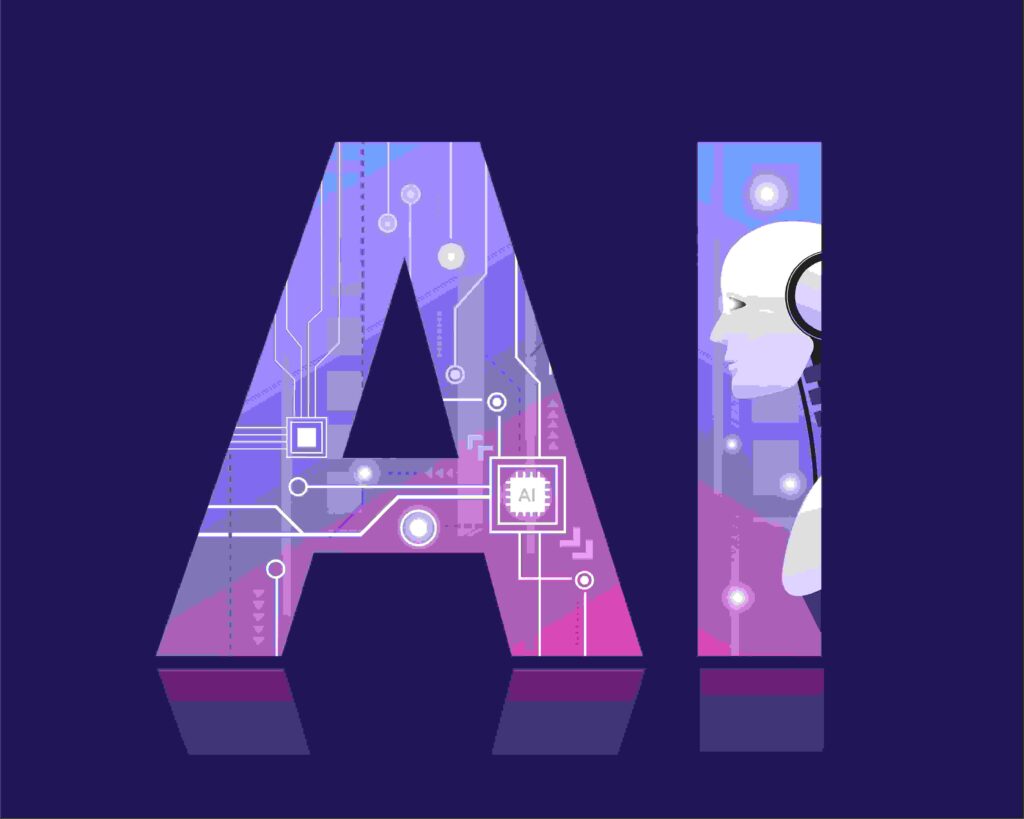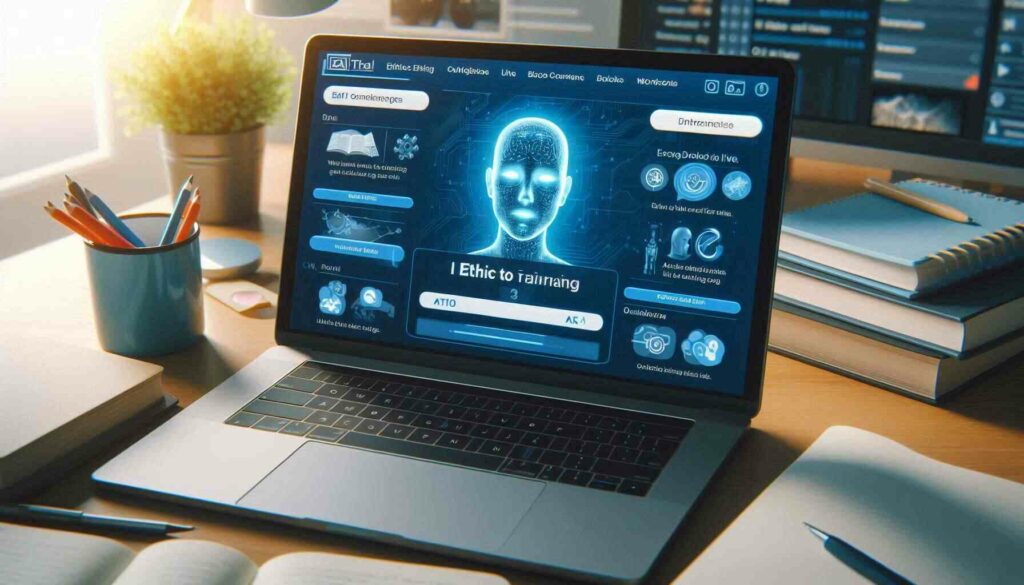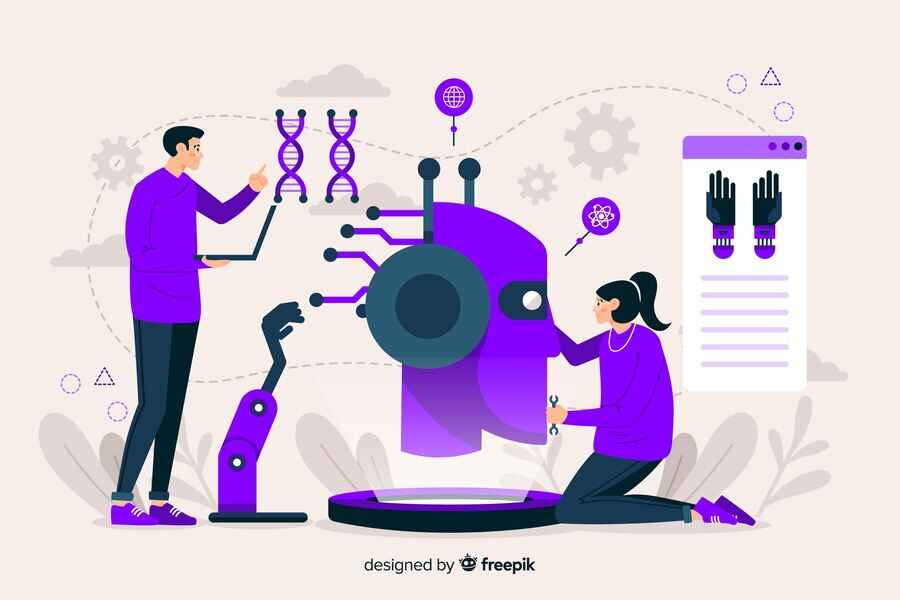

This article explores the importance of AI Data Analysis Certification, the certification process, the skills you’ll acquire, top certification providers, job prospects, and real-world applications.
The Importance of AI Data Analysis
In recent years, the exponential growth of data has transformed how businesses operate. Companies leverage data to understand customer behavior, optimize operations, and make informed decisions. According to a recent report by IBM, the global demand for data scientists is expected to grow by 28% by 2026, leading to over 11 million job openings. As the need for data analysis continues to rise, professionals with expertise in AI-driven data analysis will be at the forefront of this revolution.
Benefits of AI Data Analysis Certification
Obtaining an AI Data Analysis Certification offers numerous benefits, including:
- Enhanced Skill Set: You’ll acquire a comprehensive understanding of data analysis techniques and AI tools, enabling you to interpret data effectively.
- Career Advancement: Certification can make you a more competitive candidate in the job market, opening doors to higher-level positions and increasing earning potential.
- Industry Recognition: Earning a certification from a reputable organization enhances your credibility and showcases your commitment to professional development.
- Networking Opportunities: Certification programs often provide access to professional networks, allowing you to connect with industry leaders and peers.
- Staying Current: The rapidly evolving field of AI requires ongoing learning. Certification programs often include updated content that keeps you informed about the latest trends and technologies.
The AI Data Analysis Certification Process
Choosing the Right Program
The first step in obtaining your AI Data Analysis Certification is selecting the right program that aligns with your career goals and interests. Consider factors such as curriculum, duration, cost, and the reputation of the certifying body.
Enrollment and Preparation
Once you’ve selected a program, you’ll need to enroll and begin preparing for the certification exam. Many programs offer preparatory materials, online courses, and practice exams to help you succeed.
Exam Structure
The certification exam typically includes multiple-choice questions, case studies, and practical applications. The focus is on assessing your understanding of data analysis concepts, tools, and techniques.
Continuing Education
After achieving your certification, consider enrolling in continuing education courses to maintain your knowledge and stay up-to-date with industry advancements.
Skills Acquired Through AI Data Analysis Certification
Completing an AI Data Analysis Certification equips you with valuable skills, including:
- Data Wrangling: The ability to clean, organize, and manipulate data sets.
- Statistical Analysis: Understanding statistical methods to analyze data trends and make predictions.
- Machine Learning: Applying machine learning algorithms to automate data analysis processes.
- Data Visualization: Developing engaging visual representations of data to effectively communicate insights.
- Business Intelligence: Leveraging data analysis to drive strategic decision-making within organizations.
These skills are crucial for effectively navigating the complexities of data analysis in various industries.
Top Certification Providers
Several reputable organizations offer AI Data Analysis Certification programs. Here are some of the top providers:
1. AI CERTs
AI CERTs offers a comprehensive AI Data Analysis Certification program that covers data analysis techniques, machine learning, and data visualization tools. The curriculum is designed to equip professionals with the necessary skills to excel in the data analysis field.
2. Data Science Council of America (DASCA)
DASCA provides a range of data analysis certifications, including the Senior Data Scientist certification, which focuses on advanced data analysis techniques and machine learning.
3. IBM Data Analyst Professional Certificate
This certification, offered through Coursera, provides a solid foundation in data analysis and visualization using Python and SQL. It’s ideal for beginners looking to break into the data analysis field.
4. Microsoft Certified: Data Analyst Associate
This certification validates your expertise in data analysis using Microsoft Power BI. It focuses on data preparation, modeling, visualization, and deployment.
5. Google Data Analytics Professional Certificate
Offered through Coursera, this program teaches the fundamentals of data analysis and visualization using Google tools and techniques, making it a valuable certification for aspiring data analysts.
Top Certification Providers

Several reputable organizations offer AI Data Analysis Certification programs. Here are some of the top providers with detailed descriptions and links for more information:
1. AI CERTs AI+ Data Certification
AI CERTs offers a comprehensive AI+ Data Certification program that covers various data analysis techniques, machine learning, and data visualization tools. This certification is designed for professionals looking to deepen their understanding of AI applications in data analysis. The curriculum includes hands-on projects, case studies, and a focus on real-world applications, ensuring participants gain practical experience.
Learn more: AI CERTs
2. Data Science Council of America (DASCA)
DASCA provides a range of data analysis certifications, including the Senior Data Scientist certification, which focuses on advanced data analysis techniques and machine learning. DASCA certifications are globally recognized and cater to both entry-level and experienced professionals. The curriculum emphasizes best practices and ethical considerations in data analysis, making it a great choice for those seeking credibility in the industry.
Learn more: DASCA
3. IBM Data Analyst Professional Certificate
This certification, offered through Coursera, provides a solid foundation in data analysis and visualization using Python and SQL. Ideal for beginners, it includes hands-on projects and case studies that mirror real-world scenarios. Participants will learn to clean and analyze data, create dashboards, and apply machine-learning techniques. Completing this certification can lead to opportunities in various industries that rely heavily on data-driven decision-making.
Learn more: IBM
4. Microsoft Certified: Data Analyst Associate
This certification validates your expertise in data analysis using Microsoft Power BI. The program focuses on data preparation, modeling, visualization, and deployment. Candidates will learn to transform data into actionable insights and create reports that help stakeholders make data-driven decisions. Microsoft’s certification is recognized worldwide and is a valuable asset for those looking to work with business intelligence tools.
Learn more: Microsoft Certified
5. Google Data Analytics Professional Certificate
Offered through Coursera, this program teaches the fundamentals of data analysis and visualization using Google tools and techniques. It includes hands-on exercises and real-world projects to build practical skills. Participants will learn to analyze data sets, draw insights, and communicate findings effectively. This certification is especially valuable for those seeking to leverage Google’s suite of data analysis tools.
Learn more: Google
Comparing AI Data Analysis Certifications
When selecting an AI Data Analysis Certification, it’s essential to compare different programs based on various factors:
| Certification Provider | Curriculum Focus | Duration | Cost | Industry Recognition |
| AI CERTs | AI-driven analysis, machine learning | 3-6 months | Varies | High |
| DASCA | Advanced analysis, machine learning | 6-12 months | Varies | High |
| IBM Data Analyst Professional | Python, SQL, data visualization | 3-6 months | $39/month | High |
| Microsoft Certified | Power BI, data modeling | 1-2 months | $165 | High |
| Google Data Analytics Professional | Google tools, data visualization | 6 months | $39/month | High |
Job Prospects for Certified Data Analysts
The demand for professionals with AI Data Analysis Certification is booming across various sectors, including finance, healthcare, marketing, and technology. Here are some potential job titles for certified data analysts:
- Data Analyst: Responsible for analyzing data sets to identify trends and insights that drive business decisions.
- Business Intelligence Analyst: Focuses on data visualization and reporting to support organizational strategies.
- Data Scientist: Works on complex data problems using machine learning and advanced statistical techniques.
- Data Engineer: Designs and maintains data pipelines and infrastructure for data analysis.
- Market Research Analyst: Analyzes market trends and consumer behavior to inform marketing strategies.
According to the U.S. Bureau of Labor Statistics, the median salary for data analysts is approximately $95,000 per year, with top professionals earning significantly more.
Real-World Applications of AI Data Analysis

AI-driven data analysis has a wide range of applications across various industries:
- Healthcare: Hospitals use data analysis to improve patient outcomes, streamline operations, and reduce costs.
- Finance: Financial institutions analyze customer data to assess credit risk, detect fraud, and optimize investment strategies.
- Retail: Retailers leverage data analysis to understand customer preferences, optimize inventory, and enhance marketing campaigns.
- Manufacturing: Companies analyze production data to improve efficiency, reduce waste, and enhance product quality.
- Marketing: Marketers use data analysis to target campaigns more effectively, understand consumer behavior, and measure ROI.
These applications demonstrate the critical role of AI data analysis in driving innovation and efficiency across industries.
Conclusion
In a world where data is becoming increasingly central to business success, pursuing an AI Data Analysis Certification is a strategic investment in your future. With a solid understanding of data analysis techniques, machine learning, and visualization tools, you’ll be well-equipped to tackle the challenges of today’s data-driven landscape. The certification not only enhances your skill set but also opens doors to exciting career opportunities and industry recognition.
Ready to unlock your potential? Enroll now with AI CERTs and take the first step toward mastering AI-driven data analysis!
Here are our other articles you might be interested :





















